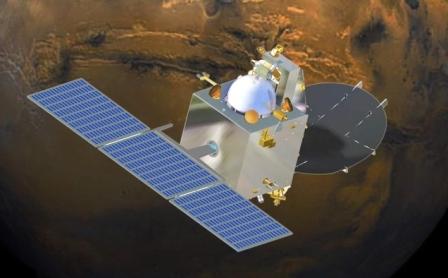
BENGALURU (PTI): India's globally acclaimed Mars mission completed one year on Thursday with Indian Space Research Organisation releasing the Mars Atlas to mark the feat of the Orbiter whose life is now expected to last many more years.
It contains a compilation of images acquired by Mars Colour Camera (MCC) and results obtained by other payload in a form of scientific atlas.
ISRO will also be bringing out a book, 'Fishing hamlet to Mars' on November 5 to mark the anniversary of Mars Orbiter Mission (MOM), whose success has boosted India's global standing as a space power.
It was on this day last year that India scripted space history when it successfully placed its low-cost Mars spacecraft in orbit around the Red Planet on its very first attempt, breaking into an elite club of three nations.
The space probe entered the Mars orbit on September 24, almost a year after its launch, and made its home around the Red Planet.
European Space Agency (ESA) of European consortium, National Aeronautics and Space Administration (NASA) of the US and Roscosmos of Russia are the only three other agencies which had so far sent their missions to Mars.
Only 21 of the total of 51 missions sent to Mars by various countries have been successful before MOM.
The Mars mission of the ISRO is aimed at establishing the country's capability to reach the red planet and focus on looking for the presence of methane, an indicator of life in Mars.
The make-or-break tricky manoeuvre was carried out on this very date last year, with clockwork precision on the refrigerator sized spacecraft as planned in the presence of Prime Minister Narendra Modi, who exultantly described it as "a historic occasion", saying the country has achieved the "near impossible".
The life of the Mars Orbiter Spacecraft which now ISRO says can last "many years" was earlier intended for only six months, and later extended for another six months in March this year.
"Mars (mission) is expected to last for many years now, because it has gone through solar conjunction also; so we don't see much of a problem," ISRO Chairman AS Kiran Kumar had said here on Monday.
"We had planned it only for six months. Then we were not expecting so much fuel to remain after we completed our insertion activity," he said.
According to Kumar, about 35 kg of fuel was still left and "all other subsystems are working fine and so far we have not had any failures".
Releasing the Atlas, Bengaluru-headquartered ISRO said Mars Orbiter spacecraft marks one year of its life around the red planet today.
After successfully completing one year of the mission life around Mars, now a large data set has been acquired by all five payloads of MOM, it said.
The Space Applications Centre, (ISRO), Ahmedabad, has brought out the Mars Atlas which contains a compilation of images acquired by Mars Colour Camera (MCC) and results obtained by other payload results, the space agency said.
The images from MCC have provided unique information about Mars at varying spatial resolutions.
Former Chairman of ISRO Dr K Radhakrishnan, during whose tenure the mission was accomplished, has listed out the five contributing factors for the success of MOM.
He said learning from others' failures, the team's preparedness for contingencies, rigorous execution, thorough feasibility study leading to a robust mission planning, and resolve to contribute might for national pride- have contributed for the success.
The Rs 450-crore Mangalyaan is the cheapest inter-planetary mission that, at just USD 74 million, costs less than the estimated USD 100 million budget of the sci-fi blockbuster "Gravity" and a tenth of NASA's Mars mission Maven that entered the Martian orbit couple of days before MOM.
ISRO had launched the Mars Orbiter Mission's spacecraft on its nine-month long odyssey on a homegrown PSLV rocket from Sriharikota in Andhra Pradesh on November 5, 2013, and it had escaped the earth's gravitational field on December 1, 2013.
India became the first country in the world to have successfully launched its mission to the Red Planet in the very first attempt.
Mars Orbiter has five scientific instruments - Lyman Alpha Photometer (LAP), Methane Sensor for Mars (MSM), Mars Exospheric Neutral Composition Analyser (MENCA), Mars Colour Camera (MCC) and Thermal Infrared Imaging Spectrometer (TIS).
After India's much-hailed missions to the Moon and Mars that boosted ISRO's global standing in space technology, the next inter-planetary expedition to be launched is under discussion, ISRO Chairman has said.
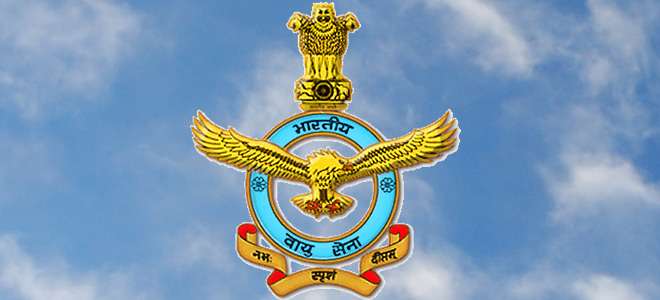 Previous Article
Previous Article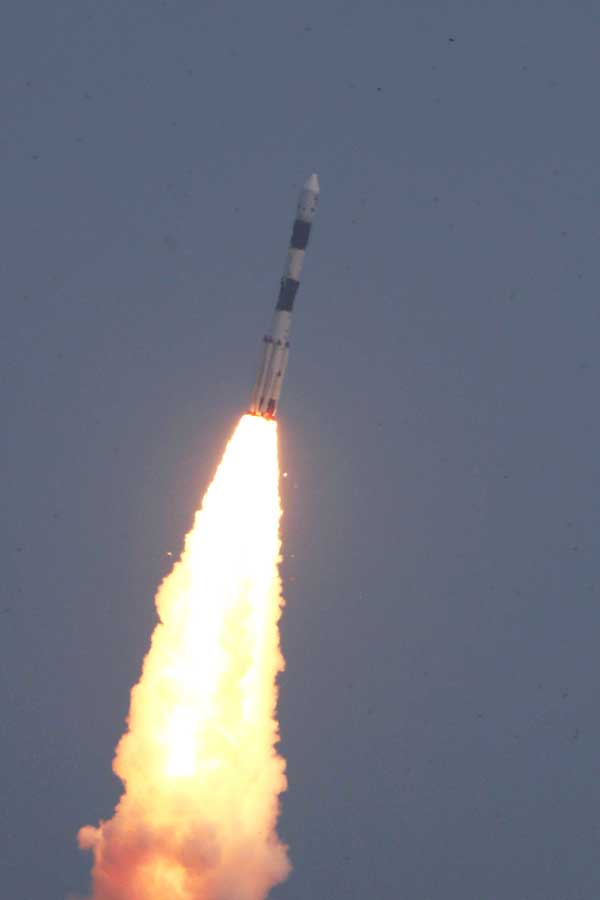 Next Article
Next Article
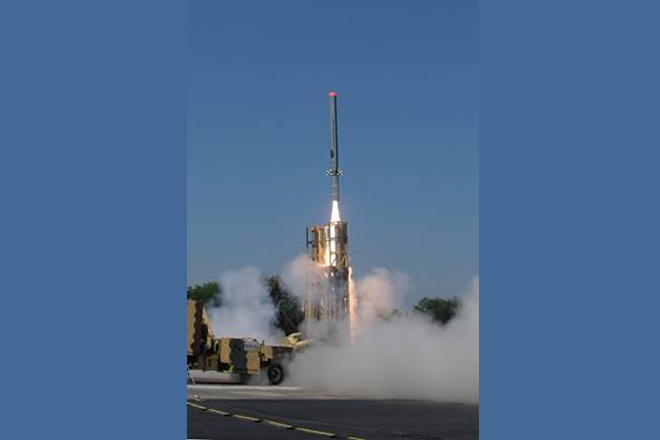
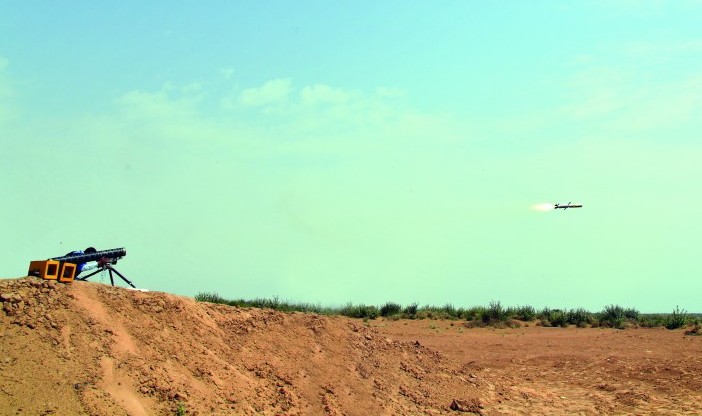
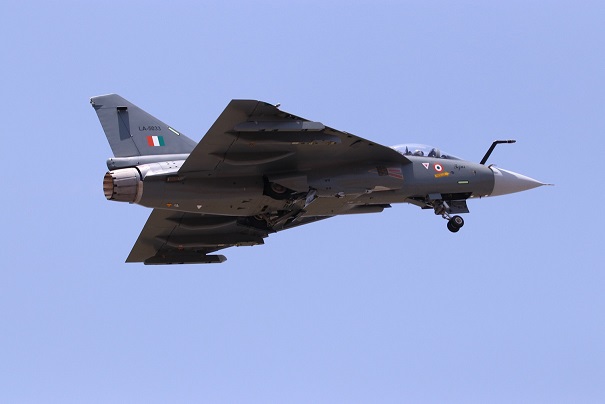
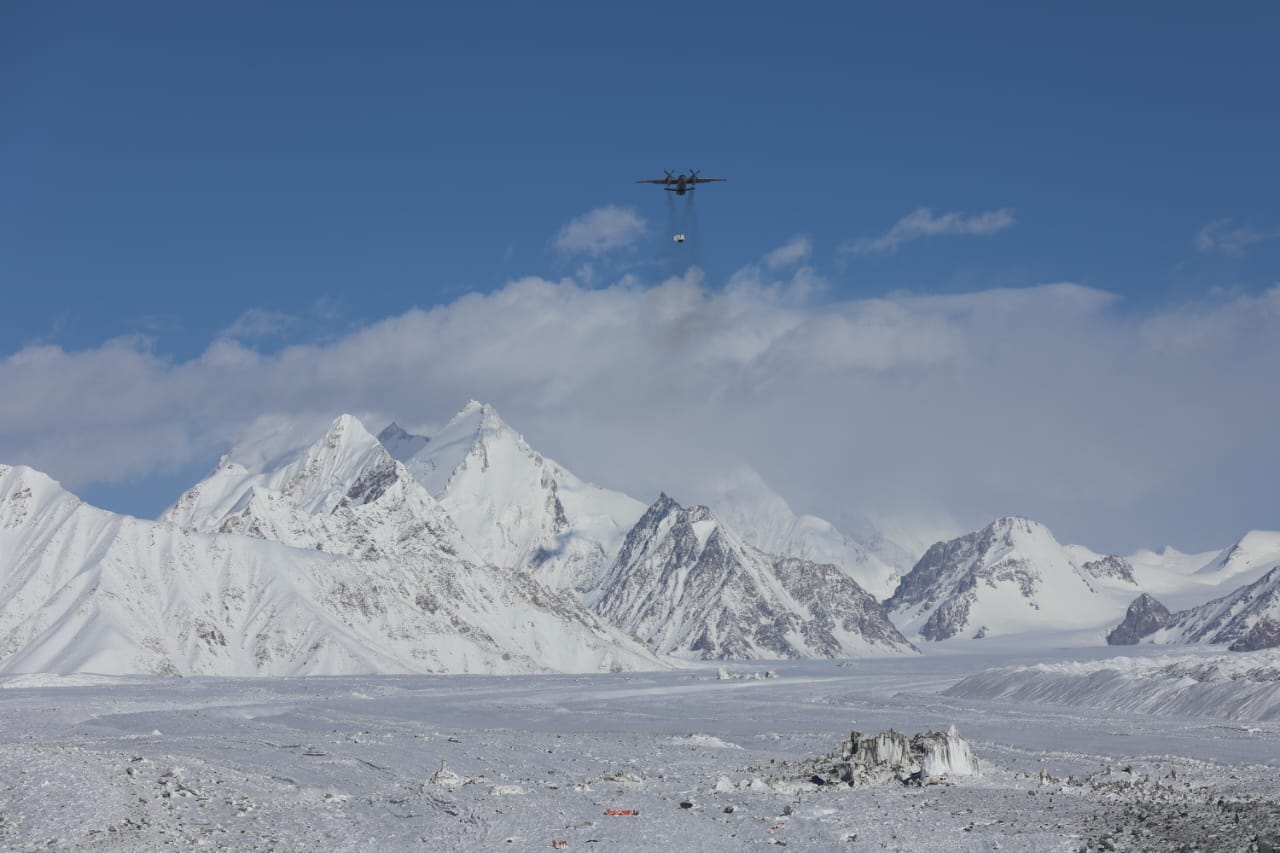

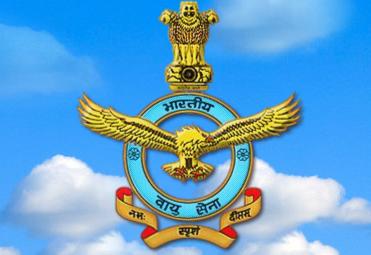
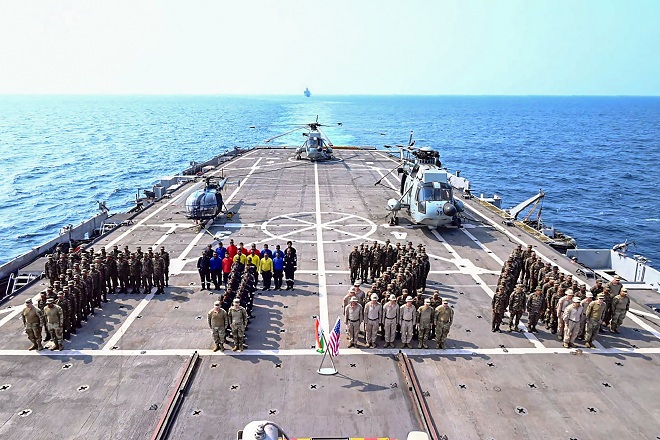
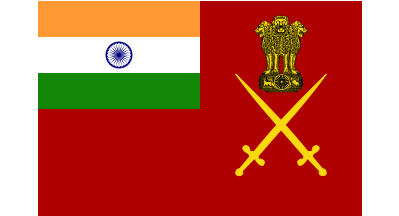





The Indian Air Force, in its flight trials evaluation report submitted before the Defence Ministry l..
view articleAn insight into the Medium Multi-Role Combat Aircraft competition...
view articleSky enthusiasts can now spot the International Space Station (ISS) commanded by Indian-American astr..
view article